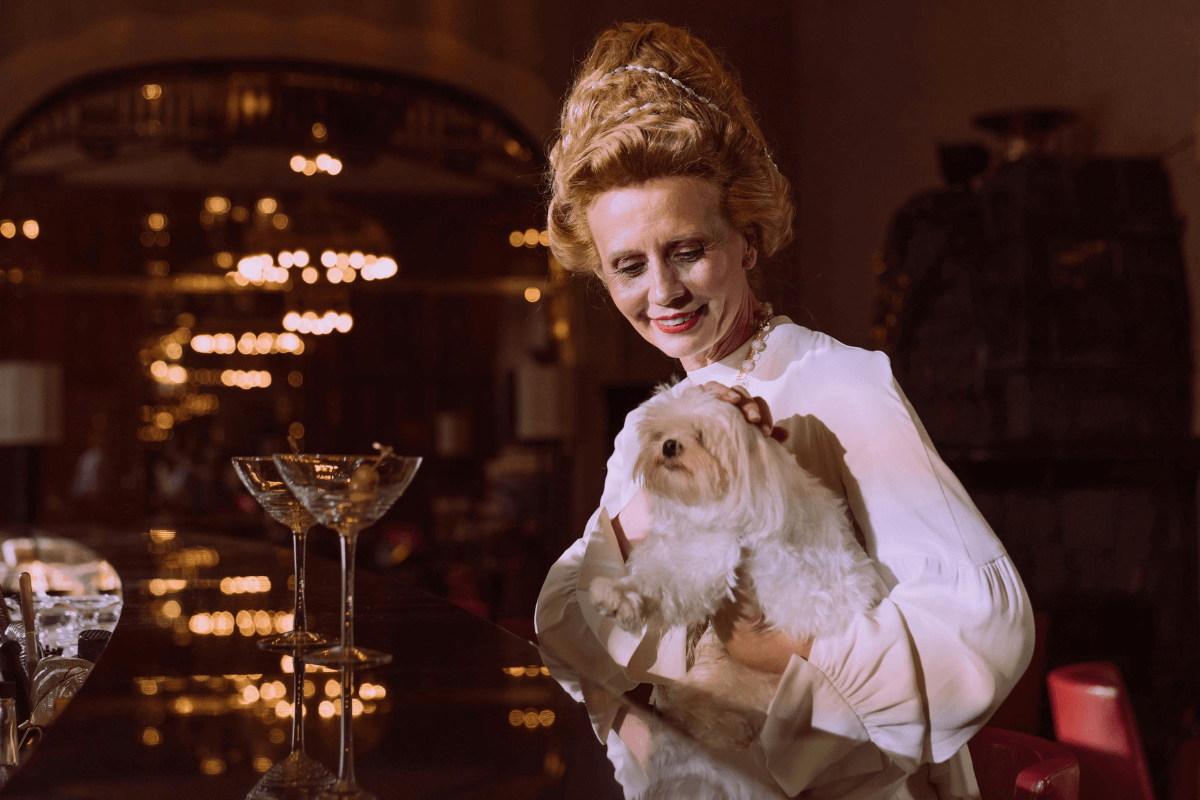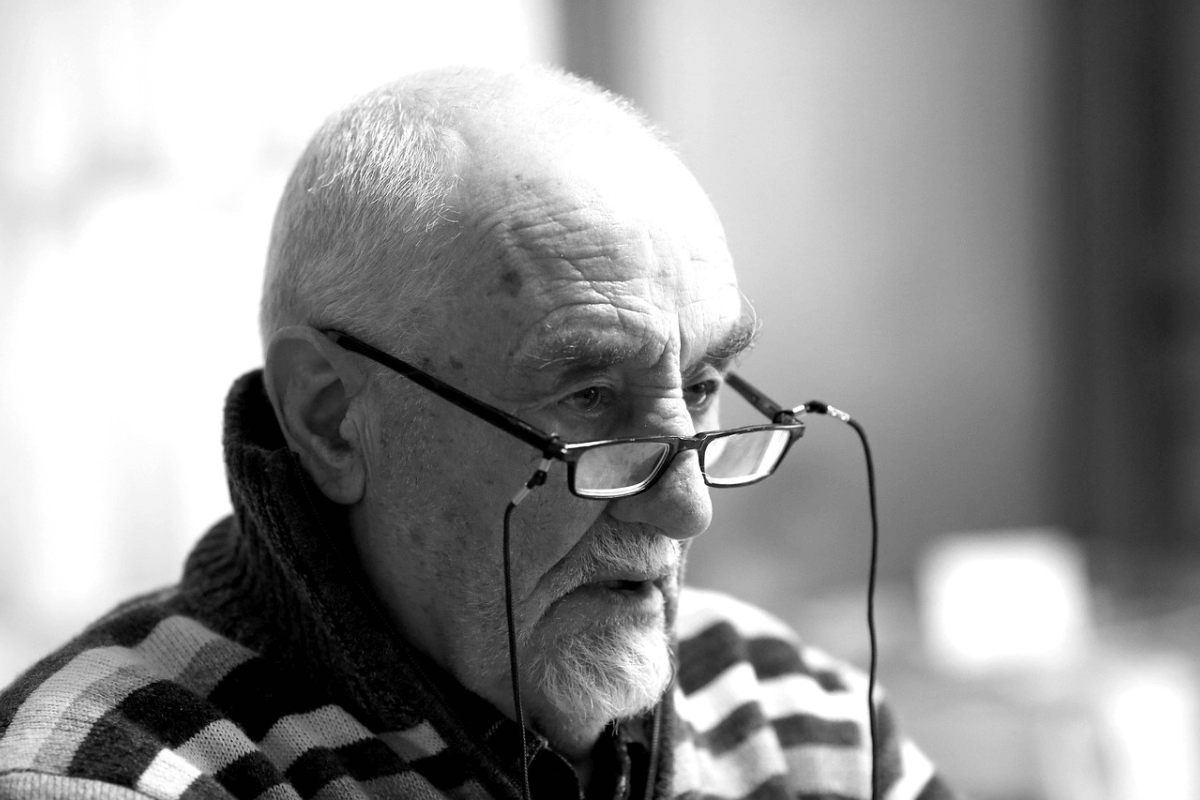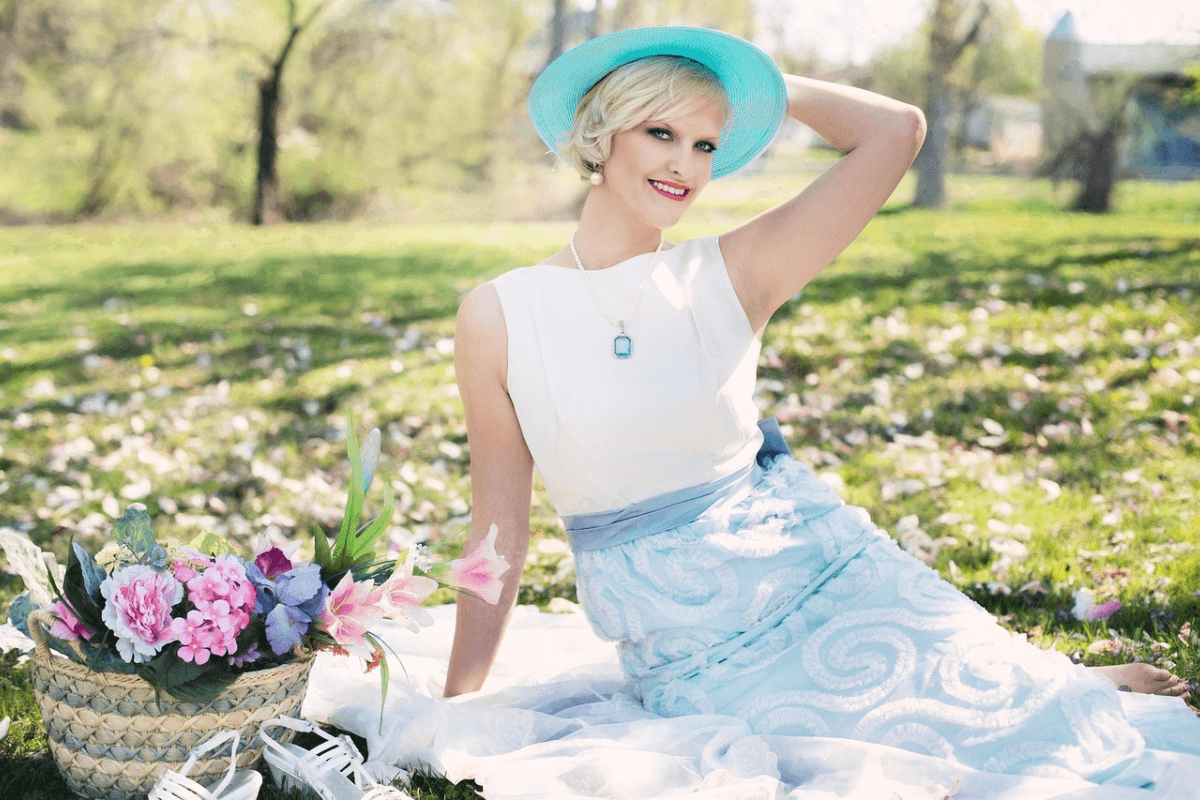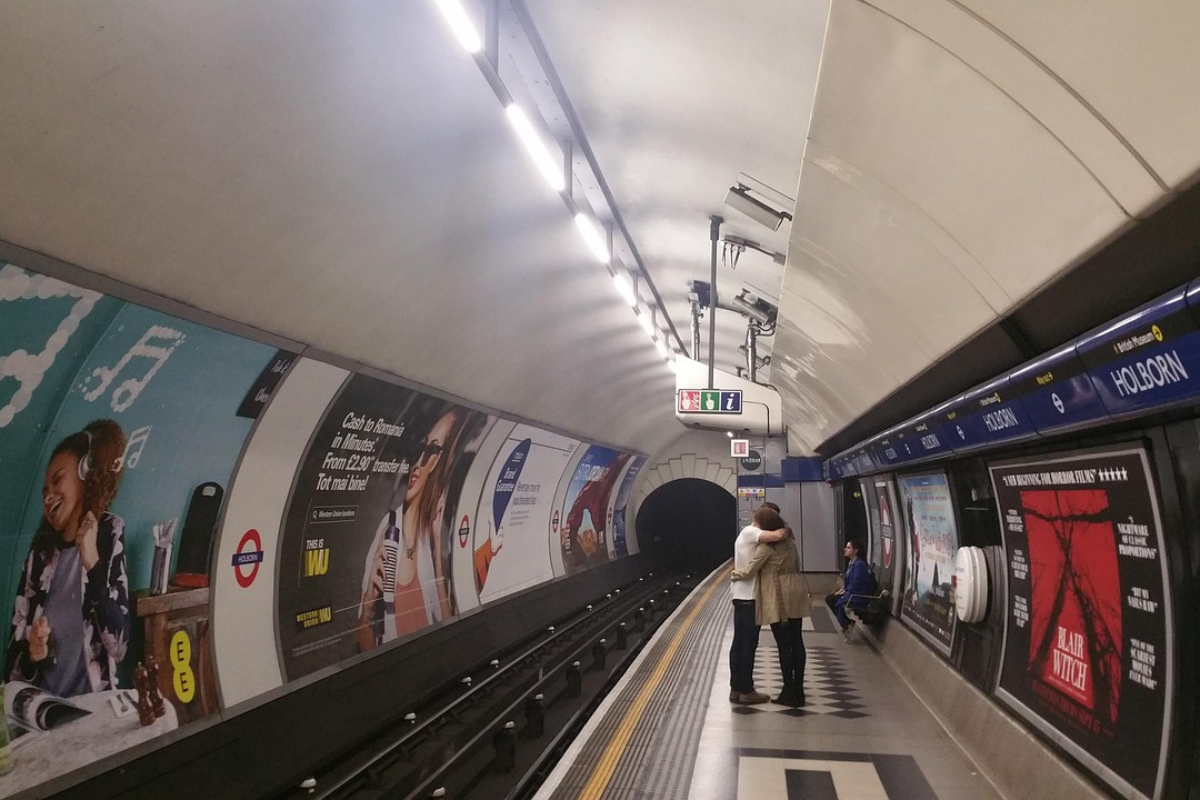Thanks to TV, movies, and a few too many dodgy impressions, people around the world think Brits wander around saying things like “jolly good” and “pip pip.”
The truth is, most of those phrases haven’t been said in decades, if ever.
Some sound charming, others just plain odd, but either way, they’ve stuck around in people’s imaginations.
Here’s a reality check: these are the words and phrases Brits don’t actually use (even if everyone thinks they do).

Pip pip

“Pip pip” is one of those phrases that people outside the UK love to associate with Brits, but in reality, it hasn’t been in genuine use for generations.
It sounds cheerful and quintessentially British, which is probably why it pops up so often in pop culture and parodies.
But if you actually said this in modern-day Britain, you’d likely get a confused look, or a laugh.
Examples in sentences:
- “Well then, pip pip, old sport!”
- “She waved and said, ‘Pip pip!’ like it was the 1920s.”
- “Nobody really says pip pip, do they?”
- “He ended the call with ‘pip pip’ completely unironically.”
- “That tour guide kept saying ‘pip pip’ to the Americans!”
Cheerio

“Cheerio” might still pop up in old books or charming period dramas, but you’d be hard-pressed to find a modern Brit using it seriously.
It’s one of those words that gets wrongly assumed to be a go-to farewell in the UK.
Most Brits would say “bye,” “see ya,” or “later” — not “cheerio,” unless they were being ironic or playing up a stereotype.
Examples in sentences:
- “He ended the meeting with a cheerful ‘cheerio!'”
- “Do Brits actually say cheerio, or is that just in movies?”
- “She waved and said, ‘Cheerio!’ like something out of a period film.”
- “Nobody under 80 says cheerio anymore.”
- “He said ‘cheerio’ and tipped an imaginary hat which was very theatrical.”
Jolly good

“Jolly good” has the ring of a black-and-white film or a character from a P.G. Wodehouse novel.
It’s often used in media to suggest posh or upbeat Britishness, but most Brits today don’t say it seriously.
If it’s used at all, it’s usually with a wink or a sense of mock grandeur but not in everyday conversation.
Examples in sentences:
- “Jolly good show, old bean!”
- “He actually said ‘jolly good’ and meant it!”
- “She gave me a jolly good talking-to!”
- “That’s a jolly good idea… if it were 1953.”
- “You don’t hear ‘jolly good’ much outside of vintage TV.”
Old chap

“Old chap” evokes images of monocles, waistcoats, and gentlemen’s clubs.
While it’s a go-to phrase in films or shows trying to sound stereotypically British, you’re unlikely to hear it said sincerely today.
It’s more of a parody than part of modern speech, though it might still pop up in a tongue-in-cheek way during light banter.
Examples in sentences:
- “Well done, old chap!”
- “I say, that’s rather bold of you, old chap.”
- “Nobody actually calls people ‘old chap’ anymore.”
- “He greeted me like we were in the 1800s ‘hello, old chap!’”
- “It sounds charming, but it’s more suited to a Sherlock Holmes novel.”
Spiffing

“Spiffing” is one of those words that sounds delightfully British to outsiders but feels like a parody to most actual Brits.
It’s rarely, if ever, used in everyday conversation and tends to appear only when someone is deliberately hamming it up.
Think 1930s caricatures or comic sketches, not the modern high street.
Examples in sentences:
- “What a spiffing day for a picnic!”
- “He said ‘spiffing’ and tipped an imaginary top hat.”
- “You’d only hear ‘spiffing’ in a costume drama or a joke.”
- “They described the meal as spiffing!”
- “Nobody under 90 says spiffing unironically.”
Cor Blimey

“Cor blimey” is pure East End drama and while it once had a place in British slang, it now lives mainly in comedy sketches and vintage TV.
It’s the kind of phrase people expect to hear from a chimney sweep or a market stall character.
Modern Brits might know it, but they rarely use it unless they’re having a laugh or playing up a stereotype.
Examples in sentences:
- “Cor blimey, would you look at that!”
- “He actually said ‘cor blimey’ and I thought he was joking.”
- “You don’t hear ‘cor blimey’ outside of old Cockney movies.”
- “She threw in a ‘cor blimey’ for full dramatic effect.”
- “It’s a phrase more suited to a pantomime than a pub.”
Toodle-oo

“Toodle-oo” sounds like something out of a black-and-white film or a children’s book, not something you’d hear in a modern-day farewell.
While it may still make appearances in jokes or from someone putting on a silly voice, it’s not a phrase most Brits would use unironically.
It lives on more in parody than in genuine conversation.
Examples in sentences:
- “She waved and said ‘toodle-oo!’ like it was 1940.”
- “Nobody says ‘toodle-oo’ unless they’re being cheeky.”
- “He ended the call with a cheerful ‘toodle-oo!’”
- “It’s one of those phrases Americans think we still use.”
- “I haven’t heard ‘toodle-oo’ outside of a costume drama.”

